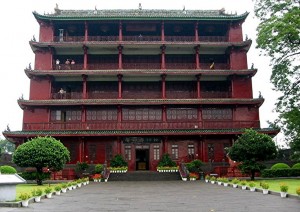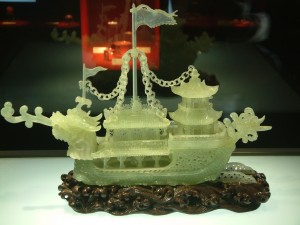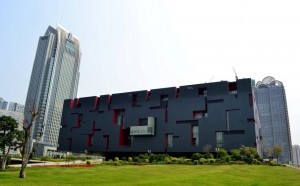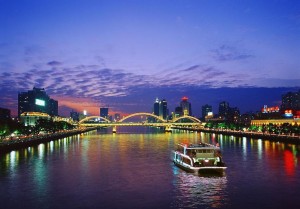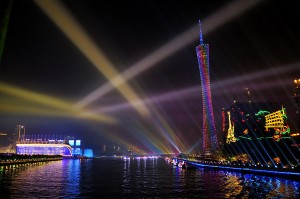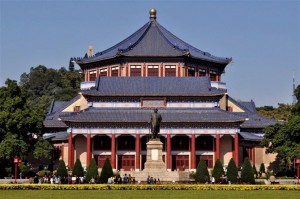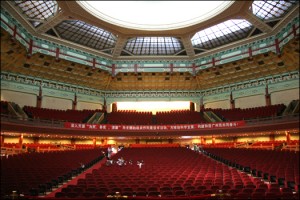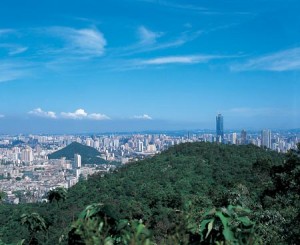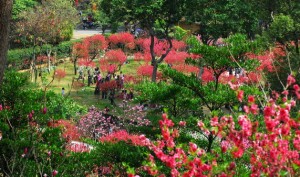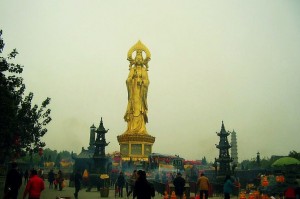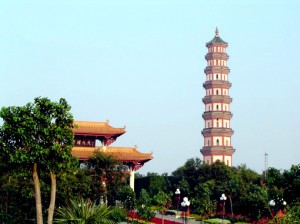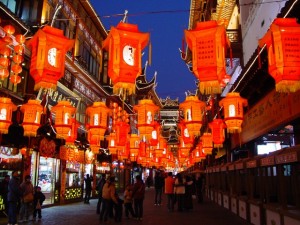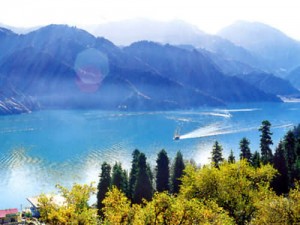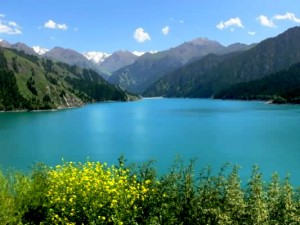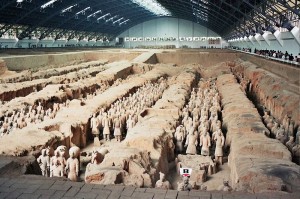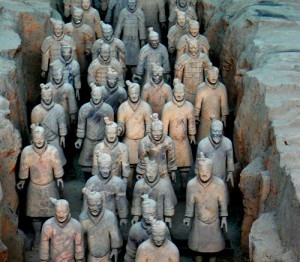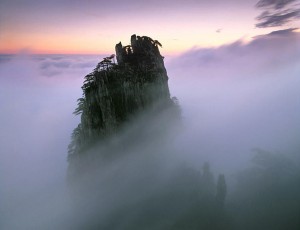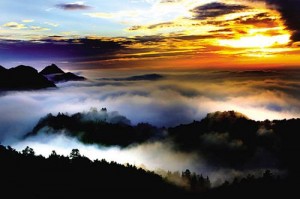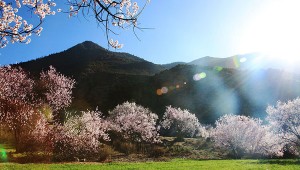Situated on Changzhou Island (cháng zhōu dǎo 长洲岛) offshore from the Whampoa District (huáng pǔ qū 黄浦区) in Guangzhou (guǎng zhōu 广州), the historical site of Whampoa Military Academy (huáng pǔ jūn xiào 黄埔军校) has attracted many tourists from home and abroad in recent years. It was founded by Dr. Sun Yat-sen (sūn zhōng shān 孙中山), with the support of the Communist Party of China and former Soviet Union on the 16th June, 1924, during the first cooperation between the Kuomintang (guó mín dǎng 国民党) and the Communist Party of China (zhōng guó gòng chǎn dǎng 中国共产党). Welcome to the Whampoa Military Academy when you participate in Canton Fair 2013 .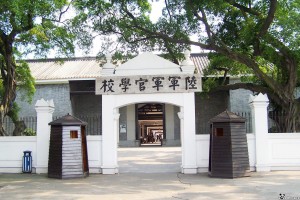
Originally, it was named as the Army Officers School (jūn guān xué xiào 军官学校). During the Northern Expedition (běi fá 北伐), Chiang Kai-shek (jiǎng jiè shí 蒋介石) broke with the Communist Party of China, and the academy was moved to the newly established capital in Nanjing after the defeat of the warlords in 1928. The academy moved again to Chengdu during the anti-Japanese War. In January 1988, the site of the Whampoa Militray Academy was included on the Anti-Japanese War Memorial Halllist of the key historical monuments under state protection.
The military academy was officially opened on May 1, 1924 under the Kuomintang (KMT), but the first lessons began on June 16, 1924. The inauguration was on Changzhou Island offshore from the Whampoa (Huangpu) dock in Guangzhou, thus earning its name. During the inaugural ceremonies, Sun Yat-sen delivered a speech that was later to become the lyrics of the national anthem of the Republic of China.
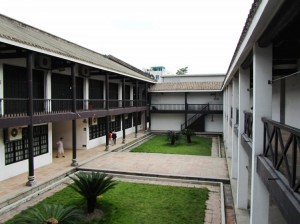
In the Whampoa Military Academy there is the Former Residence of Sun Yet-sen (孙中山故居), Students’ Club (学生俱乐部), and Martyrs Cemetery (烈士陵园). On the top of the Bagua Hill (bā guà shān 八卦山), there stands the Monument of Sun Yet-sen (孙中山纪念碑), on the top of which there is a bronze statue of him.
